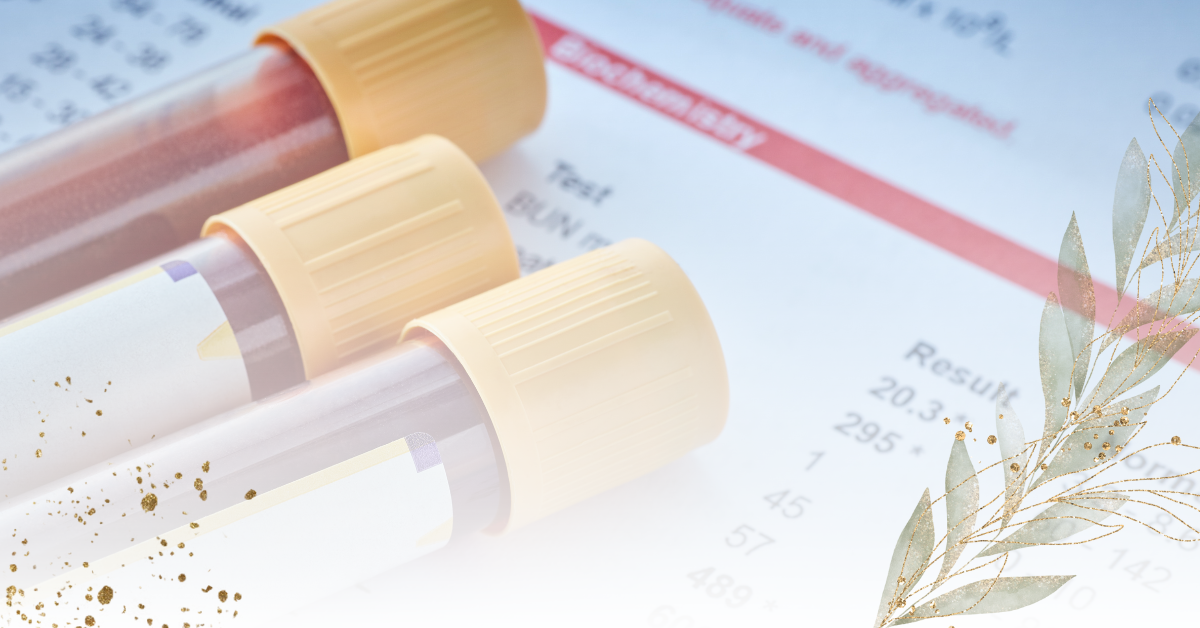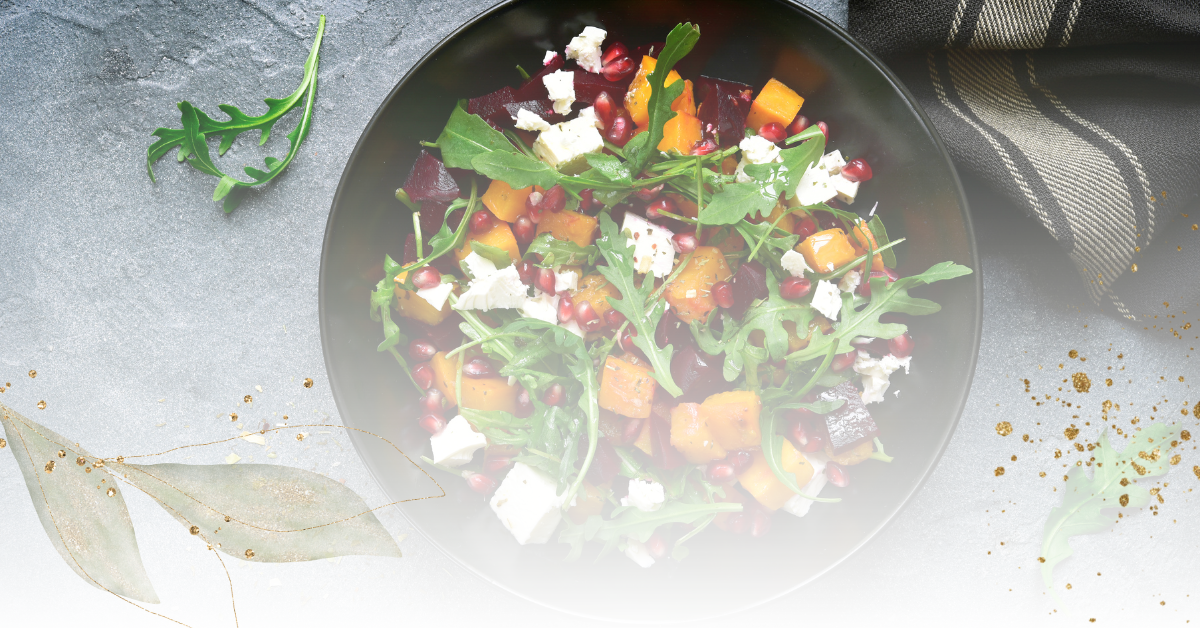The Blood Type Diet: Can Personalizing Your Plate Unlock Peak Health?

Imagine unlocking the secret to your health just by adjusting what's on your plate. Sounds intriguing, right? Enter the blood type diet—a concept that’s been making waves in the world of personalized nutrition. It claims that eating according to your blood type can supercharge your digestion, boost energy levels, and enhance your overall well-being. But what’s the science behind this? Let’s dive into the details and see if your blood type holds the key to optimizing your health and vitality.
A Bite-Sized History of Blood Type Diets
A Bite-Sized History of Blood Type Diets
Let’s give credit where credit’s due—this whole "eat for your blood type" idea was popularized by Dr. Peter D'Adamo in his 1996 book Eat Right 4 Your Type. The theory goes that your blood type shapes how your body reacts to different foods, making certain diets more beneficial for you than others.
According to D’Adamo, blood types evolved at different times in history, giving us clues about our ancestors' eating habits.
He breaks it down like this:
- Type O: The OG blood type, originating from hunter-gatherers. Think primal: high-protein, heavy on the meat.
- Type A: Descendants of farmers, thriving on plant-based foods.
- Type B: Nomadic folks, mixing up meats and dairy with a diverse diet.
- Type AB: The modern mash-up—an eclectic mix of A and B diet recommendations.
But does history really dictate our modern dietary needs? That’s where things get interesting.
Blood Type and Diet: The (Supposed) Science
Blood Type and Diet: The (Supposed) Science
So, what’s the science behind this? The blood type diet operates on the idea that your blood type impacts how you digest foods. D'Adamo’s theory suggests that if you eat according to your blood type, you’ll feel better, improve digestion, and optimize nutrient absorption.
Here’s a quick cheat sheet:
- Type O: Load up on protein-rich foods like meat, fish, and vegetables. But steer clear of grains, dairy, and beans, which might upset your system.
- Type A: Embrace the veggie life! A plant-based diet with fruits, veggies, and grains is your sweet spot, while meat is a no-go.
- Type B: Enjoy a varied diet that includes meat, dairy, grains, and veggies. Just watch out for things like corn, wheat, and lentils, which can be troublemakers.
- Type AB: You get a little of both worlds—balance meat and plant-based foods, but avoid red meat and stick to tofu, seafood, and greens.
The idea is that these personalized diets cater to your body’s natural tendencies, helping you feel your best.

The Perks of Eating for Your Blood Type
The Perks of Eating for Your Blood Type
So, why bother? Advocates of the blood type diet say that tailoring your meals to your biology can lead to some impressive health benefits:
- Better Digestion: Say goodbye to bloating and discomfort! Personalized nutrition could ease digestive issues by focusing on foods that your body naturally handles best.
- Energy Boost: Eating the “right” foods for your blood type can boost your energy and keep you from crashing midday. No more post-lunch slumps!
- Weight Management: Optimizing what you eat could make weight loss (or maintenance) easier by improving your metabolism and nutrient absorption.
While the concept sounds promising, it’s essential to note that these benefits aren’t backed by overwhelming scientific evidence—yet.
The Criticism and Controversy: Is This Science or a Fad?
The Criticism and Controversy: Is This Science or a Fad?
Now, before you swear off certain foods forever, let’s talk about the other side of the coin. Blood type diets have sparked a fair share of controversy. Critics argue that there’s not enough solid science to support these claims. While some studies hint at links between blood type and health, most experts agree that more research is needed before we can truly embrace this theory.
Other potential downsides include:
- Nutritional Gaps: Cutting out entire food groups based on your blood type could lead to nutrient deficiencies. For instance, a high-protein diet for Type O might be tricky for vegetarians, while plant-based Type As could miss out on vital nutrients from meat.
- False Hope: Let’s face it—blood type diets sound pretty specific and promising, but they shouldn’t be viewed as a cure-all. A balanced diet and other evidence-based approaches to health are still the gold standard.

What’s Next? The Future of Personalized Nutrition
What’s Next? The Future of Personalized Nutrition
While the blood type diet has its fair share of skeptics, it’s clear that personalized nutrition is gaining momentum. Imagine a future where your diet is based not just on blood type, but on your genetic makeup, lifestyle, and microbiome. Cutting-edge research and advancements in DNA testing are already paving the way for hyper-personalized nutrition plans.
Picture this: in the near future, you might have access to a detailed dietary roadmap tailored to your unique biology. It could outline the perfect food combinations, essential nutrients, and meal plans that help you thrive. And the best part? It wouldn’t just be about blood type—it would be about you.
The Bottom Line: Is the Blood Type Diet for You?
The Bottom Line: Is the Blood Type Diet for You?
The blood type diet offers a fascinating perspective on how our bodies might interact with food based on biology. While the science is still catching up, there’s no harm in experimenting with a personalized approach to nutrition (as long as you’re not cutting out key nutrients). Whether you decide to dive into this diet or just take a few tips from it, always consult with a healthcare professional to ensure you’re making choices that benefit your overall health.
Who knows? You might just discover that personalizing your plate is the key to unlocking a healthier, more energized version of you!
This information is intended to be educational
Note: This information is intended to be educational and should not replace professional medical advice. Always consult with a healthcare provider before making changes to your health regimen.